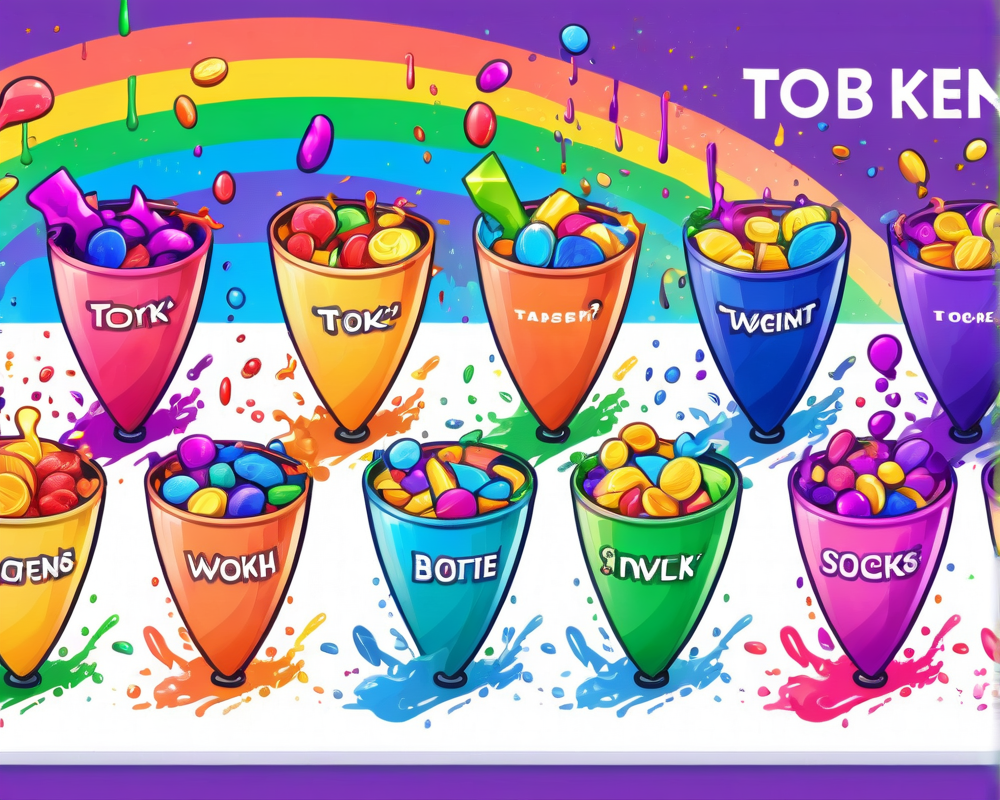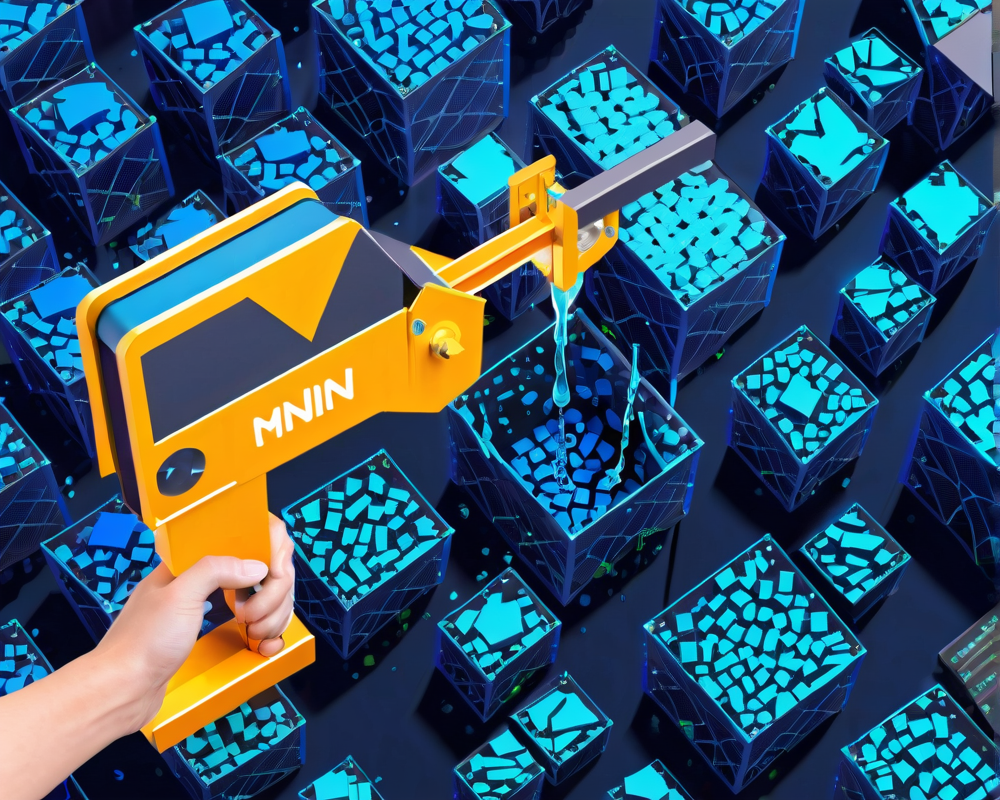Understanding the Madness of Market Valuations
So, here’s the deal: altcoins and ICOs have been the main cause of my late-night existential crises, but why? I mean, just because a handful of banks across Japan decided to use a particular token doesn’t magically turn that token into a multi-billion dollar unicorn. I mean, XRP and its $5 billion valuation? What gives? And how about Ethereum strutting around with a cocky $28 billion market cap just because it’s the popular kid for smart contracts? We need to dissect this madness.
The Three Pillars of Stock Value: Voting, Dividends, and Appreciation
When you think about why stocks hold value, they mainly revolve around three dynamics—voting rights, dividends, and appreciation. Let’s dive into these to see if they really hold water in our crypto-infused world.
First Stop: Voting Rights
Ever been to a shareholder’s meeting? Me neither! Most of us mere mortals hold stock in giants like Google, which has 700 million shares floating around like confetti in the wind. So, if you’re holding a tiny spoonful of that pie, can you truly sway decisions? Spoiler: Nope! In fact, voting is so cumbersome and pricey for companies that it just seems like a chore no one wants to tackle.
Next Up: Dividends
Then there’s dividends. Until tech companies decide to toss some cash back at us, the concept might as well be a myth—like unicorns or Jim Carrey’s serious movies. Companies would rather reinvest profits, so shareholders can deal with the monthly rebalancing act of re-investing their own cash. What a fun time!
Shifting Gears: The Value of Appreciation
Okay, so appreciation is where things get interesting. The stock prices reflect the perceived value of a company based on how well it’s performing internally and how it’s viewed by the ecosystem at large. If Google were to lose its dominance in search engines, even stellar performance metrics won’t save it from a market cap nosedive. Suddenly, investors might wake up to realize their shiny assets are losing ground.
Tokens: The Wild Card
Herein lies the magic of tokens. Tokens don’t just represent a fraction of a company’s value — they’re a reflection of the entire ecosystem that surrounds them. This makes their valuation both exhilarating and terrifying. Unlike stocks, where you can endure disappointment after disappointment with your dividends, tokens provide utility. You can actually do things like pay for services or receive compensation for your online activity. Tokens dare to unlock a whole new dimension of opportunities that stocks just can’t match.
The Dilemmas: Valuation and Stock-Token Overlap
So here we land on two solid questions: how do we appropriately value these tokens, and what do we do with companies that have both stocks and tokens? As for the first question, we’re still figuring it out. Current company metrics won’t suffice for token valuation; we’re in uncharted territory. Regarding the second, some say that the stock represents company value, while the token showcases the ecosystem. It’s a swirling mess that could make your head spin!




